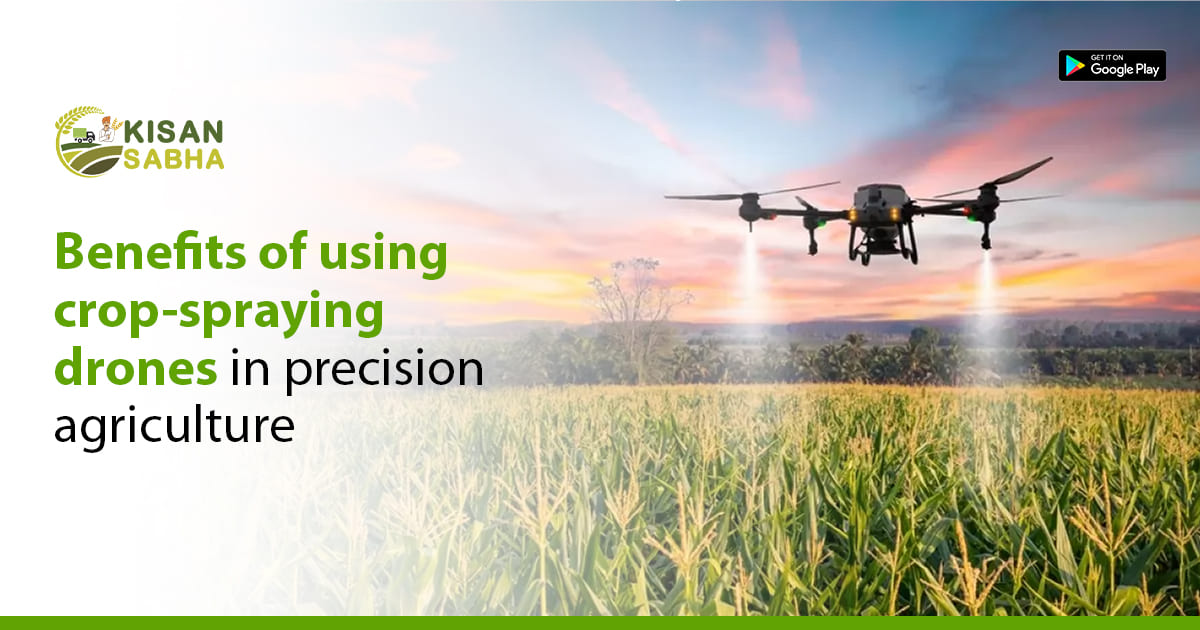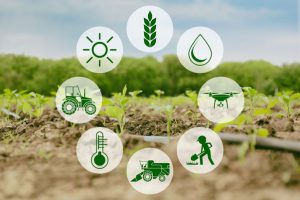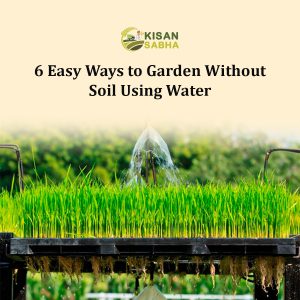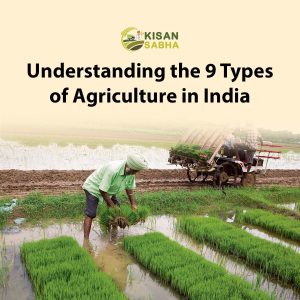Precision agriculture is rapidly evolving, and one of the most exciting advancements is the use of crop-spraying drones. Traditional tractors have their limitations when it comes to reaching challenging terrains or sensitive areas, but these agile drones offer a new level of accessibility. In this blog post, we will explore the advantages of crop-spraying drones and how they enhance crop productivity while promoting sustainable farming practices.
The Advantages of Crop-Spraying Drones
Increased Efficiency and Precision:
Crop-spraying drones bring a level of precision that tractors cannot match. Equipped with advanced technology, these drones apply fertilizers, pesticides, and other inputs with utmost accuracy, reducing waste and cost. The precise application ensures that each plant receives the optimal amount of needed resources.
Accessibility to Challenging Terrains:
Hilly landscapes, wet fields, or environmentally sensitive areas can pose significant challenges for tractors. Crop-spraying drones, on the other hand, can reach these areas effortlessly. Their ability to fly low and avoid obstacles opens up new possibilities for treating crops in locations that were previously unreachable.
Reduced Human Labor:
Operating tractors requires significant human labor, which can be both costly and time-consuming. Crop-spraying drones offer the potential for reduced labor costs and improved safety. With autonomous capabilities, these drones can carry out their tasks independently, allowing farmers to focus on other critical activities.
Also Read:- Higher Quality Seeds: A Key to Optimal Crop Production
Enhancing Crop Productivity
Tailored Application of Inputs:
Crop-spraying drones enable tailored application of inputs, such as fertilizers and pesticides, based on specific crop needs. By customizing the application to each plant’s requirements, the drones ensure that resources are used efficiently, maximizing crop productivity while minimizing waste.
Early Detection of Crop Issues:
Drones equipped with advanced sensors can detect crop stress, diseases, or nutrient deficiencies much earlier than traditional human observation. By identifying potential issues at an early stage, farmers can take timely action and prevent further damage, ultimately improving overall crop health and productivity.
Real-Time Data Collection:
One of the significant advantages of crop-spraying drones is their ability to collect real-time data on crop health and growth. With high-resolution cameras and sensors, these drones capture valuable information, such as NDVI (Normalized Difference Vegetation Index), which helps farmers make data-driven decisions to optimize crop management practices.
Sustainability in Farming Practices
Environmental Impact:
Crop-spraying drones have the potential to significantly reduce the environmental impact of farming practices. By precisely targeting the application of fertilizers and pesticides, these drones minimize the use of chemicals and, subsequently, the risk of pollution. This approach promotes more sustainable agricultural practices without compromising crop yield.
Water Management:
Water scarcity is a global concern in agriculture. Crop-spraying drones can aid in optimizing water usage by delivering targeted irrigation. By providing water only where it is needed, these drones help conserve water resources, reduce waste, and improve overall water management on farms.
Nutrient Management:
Over or under-applying nutrients can have detrimental effects on both crop productivity and the environment. Crop-spraying drones excel in precise nutrient delivery, ensuring that plants receive the required nutrients without excess application. This method reduces nutrient runoff and potential pollution while promoting efficient nutrient management.
Also Read:- Harvesting Profits: Top Tips on Marketing Your Agricultural Produce
Conclusion
In conclusion, crop-spraying drones have emerged as game-changing technology in precision agriculture. They offer increased efficiency, accessibility to challenging terrains, and enhanced crop productivity, all while promoting sustainable farming practices. By incorporating these drones into their operations, farmers can overcome the limitations of tractors and embrace a more efficient and eco-friendly approach to agriculture.





